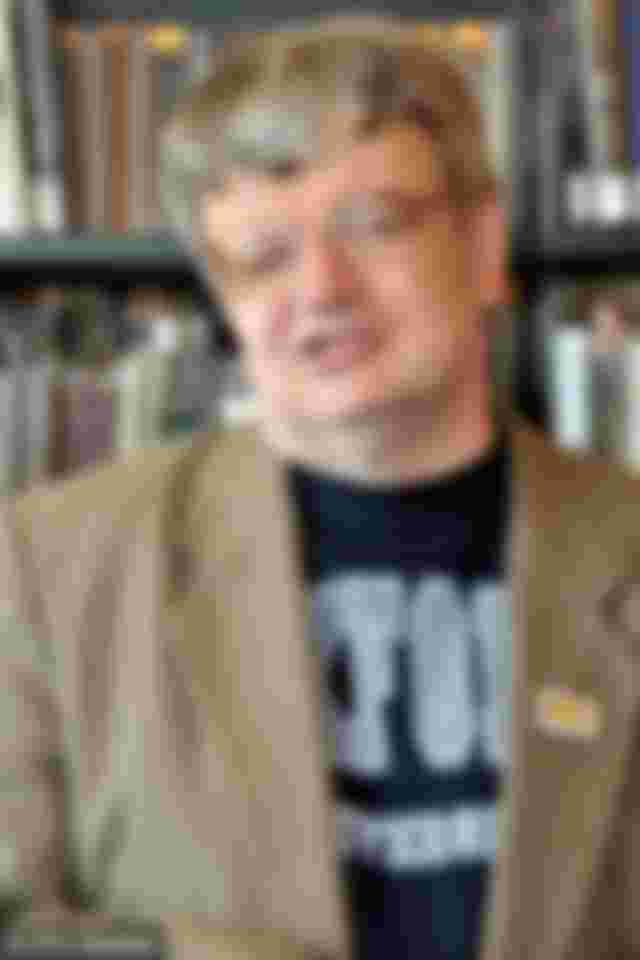Few people have not watched the phenomenal film 'Rain Man' with Dustin Hoffman in the role of Raymond Babbitt, who suffers from autism and, at the same time, has the ability to perform complex arithmetic calculations with incredible speed, while not being able to go shopping or cross the street alone. This film stimulated interest in savants - people who, despite developmental disabilities, where in half of cases it is autism, manage to excel in one or more areas.
Savantism, often called savant syndrome, is a congenital or acquired mental disorder in the development of the brain, from which a person with this disorder - savannah (after which this term is named), develops an "unattainable" level of mental abilities or talents in one or more areas.
This phenomenon is extremely rare. Currently, there are no more than 50 people in the world with this syndrome, which is most often manifested through phenomenal memory, a unique talent for mathematics, fine arts or music.
These people can multiply seven-digit numbers "in their heads" without error, memorize several volumes of the encyclopedia, repeat a two-hour lecture from words or say "like a rifle" on which day of the week, say, New 2070 will come.
***
Kim Pick is probably the most famous savant in the world and he was the inspiration for 'The Rain Man'. He was born on November 11, 1951 in Salt Lake City, USA. He didn't walk until the age of four, and even today he can't unbutton the button by himself, while his IQ is only 73.

However, he started reading at the age of 16 months and remembers as much as 98 percent of what he read forever! His technique is interesting: he reads the left side with his left eye and the right - with his right, so that he 'crosses' the two sides at the same time, which lasts only 8-10 seconds. Pick is a so-called megasavant, because his ingenious abilities are expressed in many areas: from history, literature and geography, to numbers, music and sports, and he is not autistic, but was born with a brain anomaly.
****
According to the American researcher Darold Treffert from the University of Wisconsin, who dedicated three decades to savants, this condition can be genetic or acquired, caused by brain injuries or disease. As Darold Trefert says - "not all autistic people have savant syndrome, nor do all savants have autistic disorder."

****
Perhaps the most exposed savant at the moment is the British Daniel Tammet, also known as Brainman (Man-brain). He was born on January 31, 1979, as the first of nine children in a working class family in London. As a child, he suffered from epilepsy, as well as a milder form of autism. He is known for being able to calculate the day of the week for each date given to him, and to instantly "throw out" the result of multiplying seven-digit numbers. In him, synesthesia (union of the senses), which is a consequence of epilepsy, helps to intuitively "hit" the product. In his mind, each integer up to 10,000 has its own unique shape, color, texture and "feel".

That is why Daniel intuitively, without mental effort, "sees" the results of the calculation as synesthetic "landscapes", and can "feel" whether the number is simple or complex. This means that for him, multiplying two large numbers in the head is a merging of two multicolored forms into one.

How can the phenomenon of genius autistics be explained?
The mechanism of savant syndrome is still unexplained to us, admits Dr. James McGuach, but it is known that in autistic people with supermemory, some parts of the brain are larger than in ordinary people.
The already mentioned Dr. Darold Trefert emphasizes that savants show the world "the fragility of the brain and its beauty". But, unfortunately, he believes, although the structure of the brain has been completely studied and divided into its constituent parts, the system as a whole is still a secret.
A possible explanation is offered by a psychologist from Munich, Ludmila Lotvina:
A healthy brain has a mechanism of "storage", ie the formation of millions of "boxes" of information. The brain knows how to move into the appropriate "box" what is necessary in the present moment and nothing more. There is probably no such mechanism in savanta. They live in the storehouse of their memories, in the environment of their "treasures", be it numbers, mathematical structures, images, sounds or words.
Scientists hope to unravel the secret of "rainy people", because that way they might be able to increase the intellectual abilities of those "ordinary"



